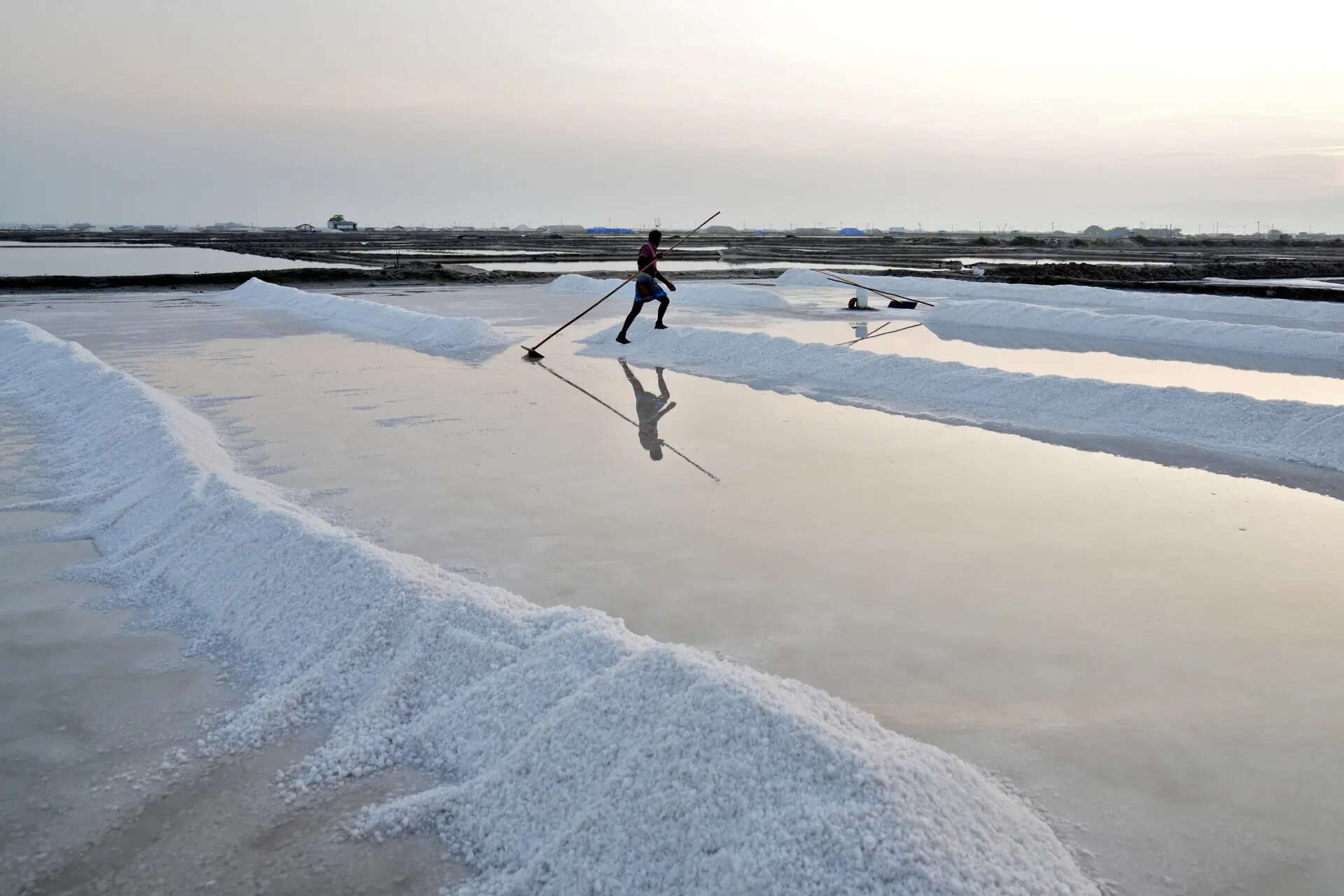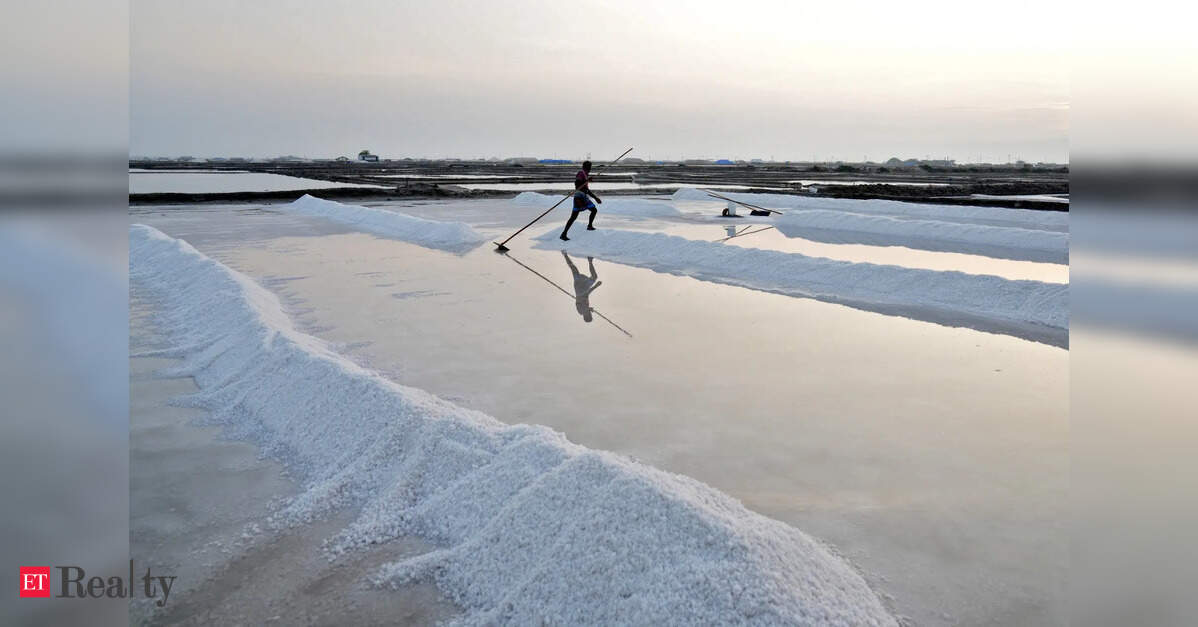
MUMBAI: On Thursday, the Bombay High Court dismissed a Public Interest Litigation (PIL) that contested the allocation of 250 acres of salt pan land for the rehabilitation of individuals affected by the Dharavi redevelopment project.
Chief Justice Alok Aradhe and Justice Sandeep Marne stated, “It goes without saying that the state government must consider environmental issues while executing the project.”
Advocate and activist Sagar Devre questioned the state’s decisions from August 7 and September 30 regarding the transfer of 255.6 acres of salt pan land in Mulund, Bhandup, and Vikhroli for housing projects for Dharavi’s affected individuals. He also challenged the Centre’s office memorandum from August 23 that allowed the transfer of salt pan land to government bodies for purposes including slum redevelopment and affordable housing.
According to Devre’s petition, a 2012 decision by the Centre mandated that salt pan land not be used for other purposes. He argued that such land is classified as wetland located within a coastal regulation zone, prohibiting any development.
Additional Solicitor General Anil Singh countered that the transfer of salt pan land to the state was made with proper consideration of environmental factors, asserting that no legal restrictions barred its use for rehabilitating project-affected individuals. The judges concurred, stating that the claims in the petition lacked thorough research and were presented in a “casual and cavalier manner.”
Although there was a 2012 resolution against the allocation of salt pan lands, the judges noted that a policy change in August 2024 authorized their transfer for specific objectives at reduced rates. This land was subsequently assigned to the state for various projects, including the redevelopment of Dharavi.
The judges dismissed Devre’s assertion that salt pan lands are wetlands as “baseless.” They pointed out that while these lands fall outside the definition of “wetlands” under the Wetland (Conservation and Management) Rules, 2017, Devre had not challenged the rules’ validity. He failed to provide evidence that indicated the salt pan lands couldn’t be used for rehabilitating affected individuals. “In our view, the rules facilitate the rehabilitation of those affected by the project,” the judges concluded.




